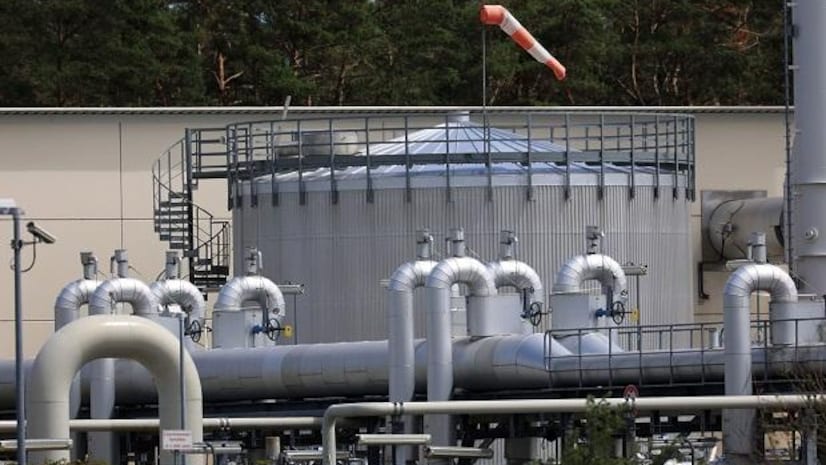Working gas storage in the contiguous United States was 3,529 billion cubic feet in the week ending Oct. 6, a net increase of 84 billion cubic feet from the previous week, the U.S. Energy Information Administration (EIA) said Thursday in a report.
The total working gas storage rose by 9.8 percent from this time last year, or up 4.8 percent above the five-year average, according to the EIA’s Weekly Natural Gas Storage Report.
The storage of working gas in the United States usually turns to decrease in November and continues to drop in April when heating season ends in the country, according to previous data.
Working gas is defined as the amount of natural gas stored underground that can be withdrawn for use. Its storage capacity can be measured in two ways: design capacity and demonstrated maximum working gas capacity.
The contiguous United States consists of the country’s 48 adjoining states plus the District of Columbia, and excludes the non-contiguous states of Alaska and Hawaii and all off-shore insular areas.
















